A background check can be defined as a process done by a company or a person to check the validity of the claims that an individual makes about himself about past activities. Although there are different types of background checks based on the protocols of the countries, a standard employment background check is performed by the employees of the company when an applicant applies for a job. It can also be done whenever the manager considers it necessary.
A large number of methods are typically used for conducting to check people and their credibilities, such as personal references and complete record searches. Employers conduct background checks through services checkpeople to screen job applicants. Typically, they look at whether you have a criminal record, education, employment history, and sometimes your credit history. This article describes a few common red flags that might lead one to fail a background check.
1. Inconsistencies or Lies on the Resume
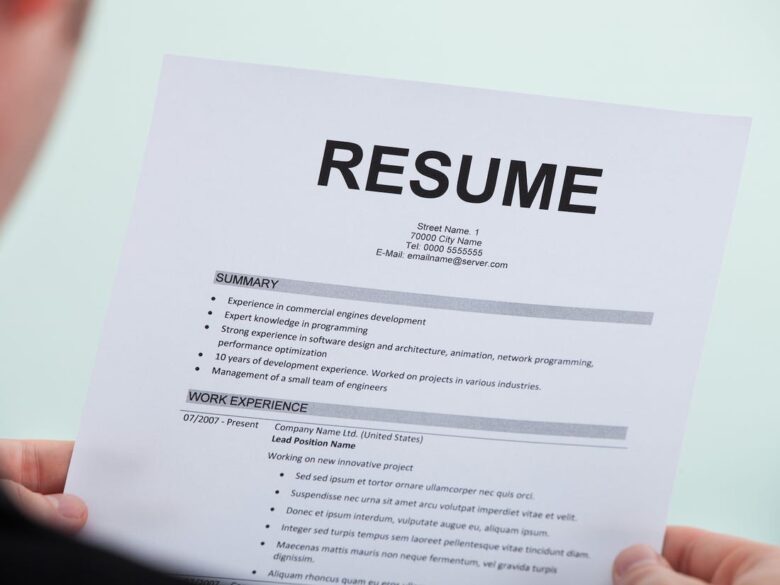
Source: insider.com
Being dishonest or merely failing to smooth out resume details might cost you an employment opportunity. A screening will show if someone lied about their skills, education, or professional qualifications. The fact that their resume was exceptionally well written is irrelevant, and all their lies will be found.
Your prospective employer is very likely to get in touch with your references to check the details, such as when you worked for them, how much time you worked for them, why the employment relationship ended, what value you created for their organization, and more. Screening can also determine when you earned a certificate or degree and from which institution. An honest short resume is worth more than a long list of false qualifications.
2. Criminal History
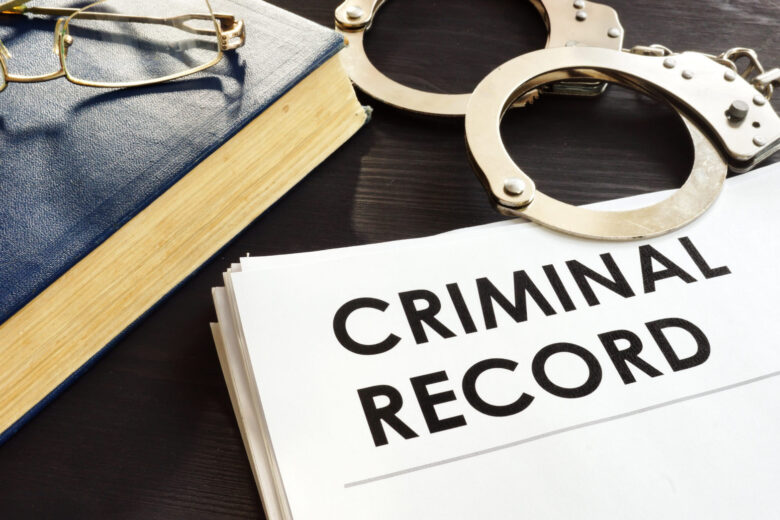
Source: 1818advocacy.com
Criminal records often result in disqualification, but not always. Honesty is the best policy. A person could still get the job depending on the severity of the crime and the company’s hiring standards. Things that happened a long time ago or minor misdemeanors could well be overlooked. An exception might be if the offense you committed is relevant to the tasks you expect to be delegated to you at your new job.
This is hardly a surprise – after all, organizations are obligated to keep their staff and workplaces safe and secure. For example, sex offenders can’t become teachers or get any job that involves contact with vulnerable people, such as the disabled, the elderly, or children.
Even small crimes will result in disqualification if the position you’re applying for requires a high-security clearance. Some medical conditions can disqualify you, as well. The US State Department provides further details.
3. Bad References

Source: resumes.net.au
References usually come from the company you have worked for in the past. Your work profited the organization; a whole new job opportunity will be welcoming you. But what if a previous employer gave you a bad reference? It depends on the company you’ve applied to work for. Both good and bad references allow employers to learn more about their work ethics and personality and whether they’re suitable for the position.
More than one bad reference will certainly result in disqualification. Whereas a single bad reference might be overlooked by the employers as one can make mistakes during the course of their work. The information provided by most employers is limited to salary, job title, and employment period because they worry about defamation lawsuits.
4. Failing an Alcohol or Drug Test
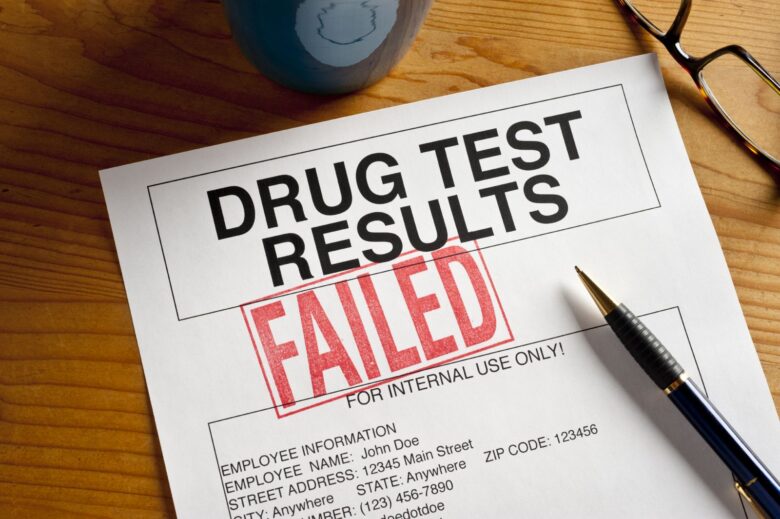
Source: justthinktwice.gov
Drug and alcohol tests are usually done in a job that requires the applicants to perform highly technical work such as operating machinery, or driving etc. If an applicant has a history of chronic drug abuse or even a binge drinking habit, he might be considered unsuitable for the job. Similarly, if one fails a test at the time of application, he will be seen as a potential liability to the organization.
5. Bad Credit History
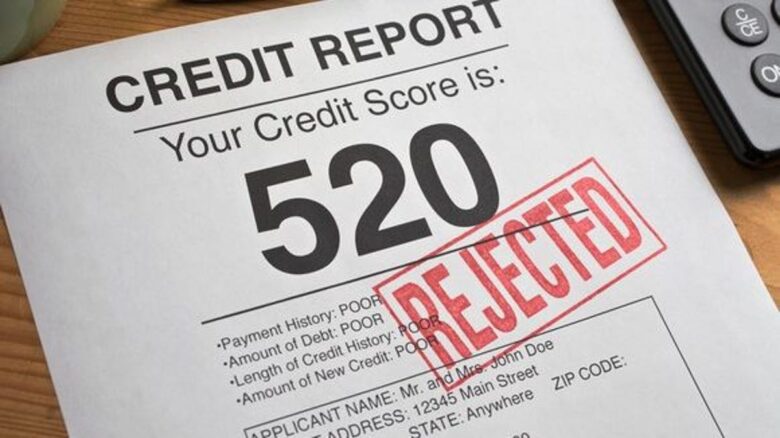
Source: aboutfinder.com
Bad credit history of a person includes not paying bills on time and the likelihood of not paying bills in the future. Individuals who have a bad credit history often have low credit scores. They find it very difficult to borrow money at interest rates because they are generally considered riskier than other potential borrowers. Bad credit history will also be seen as a liability if the job involves handling money. That said, only federal and financial jobs require credit checks.
6. Unimpressive Employment History

Source: fastcompany.net
If you have an extended series of short-term jobs with unemployment patterns, then your employment history is considered unimpressive. It makes the company wonder about your credibility and qualifications, as well as your work potentials. However, gaps in employment don’t necessarily make a bad impression unless they are without a valid reason. Seasonal work, training, and internships are seen as a plus if you’re applying for an entry-level position.
7. What if They Don’t Like my Social Media?
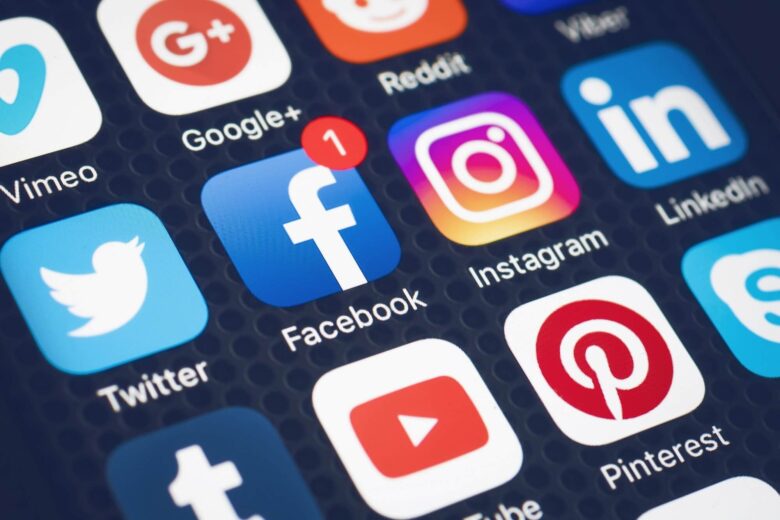
Source: techspot.com
Quite frankly, many people would be shocked at the idea of posts disqualifying them for a job. They would see it as a violation of their right to self-expression.
Freedom of expression is not the same as freedom from responsibility. While social media activity cannot be a reason to reject someone, you run the risk of making a bad impression, which will hurt your chances. Almost 70% of employers use social networks as a screening tool.
Employers check social media because they want to know if a candidate will adjust to the workplace’s unique environment. They get a glimpse into their character beyond what they can see on paper. Around 50% of employers check current staff members’ posts. There’s no law forbidding them to do so.
What’s more, most recruiters don’t set out to find bad things. They’re simply looking for the best person for the job. It’s always best to assume your potential employer will check your social media activity. Set your profile to private if that worries you.
8. You Don’t Have a Valid Working Permit
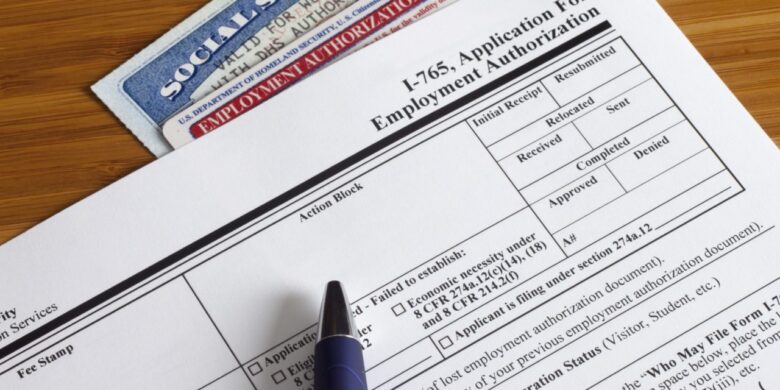
Source: immigrationimpact.com
It is impossible for an applicant to get a job without a valid working permit. Non-US-citizens without a green card need a valid working permit to work in the US legally. Citizens and non-citizens alike have to complete an I-9 (Employment Eligibility Verification) during the recruitment process. Candidates must present employment authorization. You are likely to get arrested for violation of rules if you are applying for a job without a valid working permit or with an expired working permit.
9. Poor Driving Record
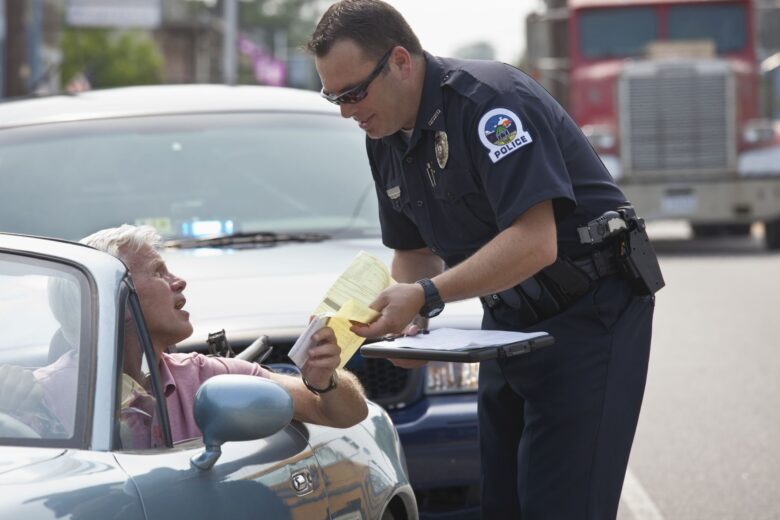
Source: thebalance.com
You don’t want to apply for a job that requires you to drive with a bad driving record. The driving record check works similarly to drug screenings and credit history checks. If the position requires the candidate to drive, their driving record will be inspected. A bad driving record might include a reckless driving conviction, a DUI stop, or multiple citations for speeding.
Those who think having a bad credit or employment history doesn’t mean anything for the future; need to reconsider things. Websites and sources that run background checks store every vital detail that can be extracted by people easily upon need. So, instead of hiding a poor history, it’s better to take preventive measures from the start so that nothing from the past can haunt you in the future. See the list of best background checking sites.

